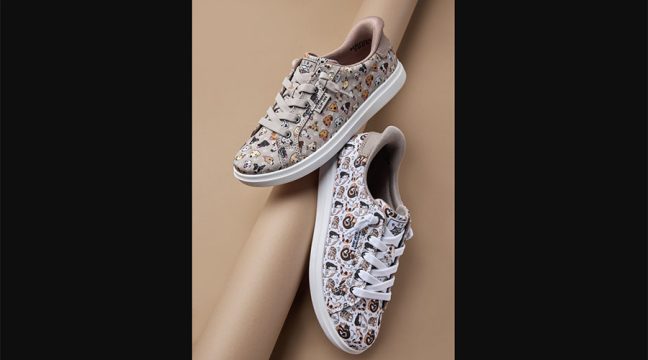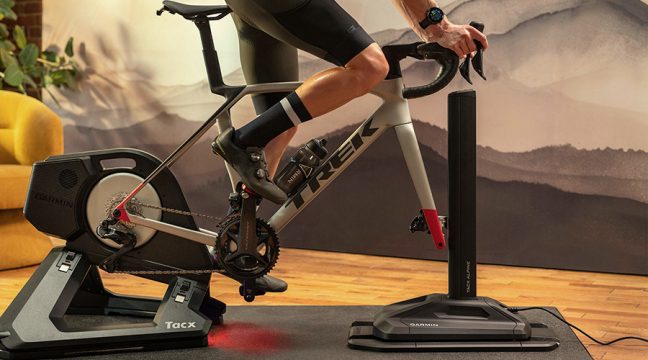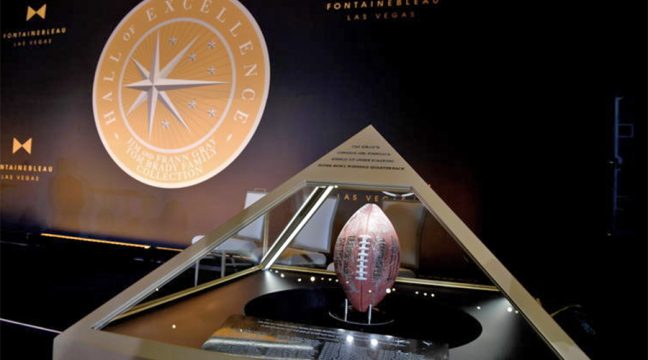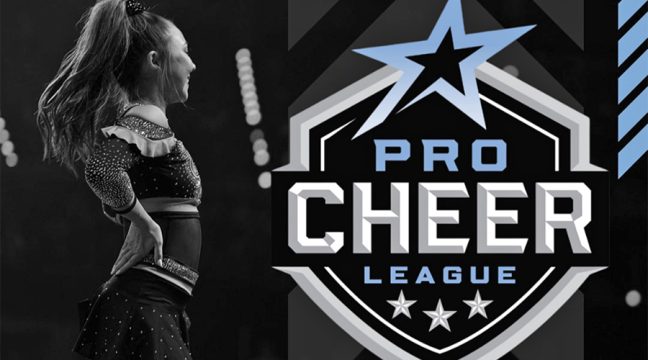Americans have grown increasingly skeptical of the $100 billion fitness industry, according to a new study from Mythology and Vytal World, with 47 percent of active adults trusting their body’s signals over those of experts, influencers and tracking technology when making fitness decisions.
Rejecting traditional fitness culture in favor of self-trust and longevity-focused approaches, the findings are from “The End of Expert Rule,” a comprehensive study conducted by creative agency Mythology and Insights partner Vytal World that uncovers a cultural shift in how people relate to exercise and wellness.
“People are questioning the assumption that someone else knows their body better than they do. This isn’t about rejecting science or expertise entirely, [but] pushing back against the commodification of health and the obsessive culture that we’ve seen,” shared Mythology and Vytal World in a media release.
“People are questioning the assumption that someone else knows their body better than they do,” says L Parker Barnum, managing director at Mythology. “But this isn’t about rejecting science or expertise entirely—it’s about pushing back against the commodification of health and the obsessive culture that we’ve seen over the years.”
The End of Performative Suffering
The survey of 1,000 U.S. adults active in fitness highlights a striking rejection of what the report’s authors call “performative suffering,” with nearly 30 percent identifying the “no pain, no gain” mindset as the most outdated fitness status symbol. Just 7 percent of adults place primary trust in AI systems or tracking technology, challenging the notion that we need constant digital monitoring to achieve wellness.
The report identifies four key aspects driving this cultural shift:
- The Rise of Self-Trust. Nearly half, 47 percent, of surveyed respondents prioritize their body’s physical signals over external authority.
- Community Experimentation. Friend groups have become innovation hubs, with 49 percent of respondents creating personalized approaches rather than following prescribed programs. Millennials and Gen Z differ significantly in their application of this approach. Gen Z values authenticity and education, while Millennials prioritize efficiency and time optimization.
- Try-Before-You-Buy Mentality. Personal experimentation drives 45 percent of purchasing decisions, far outweighing scientific validation (26 percent) or cultural credibility (8.4 percent).
- Rejection of Extreme Fitness. A third of surveyed respondents expect future fitness to focus on “longevity and health, not looks,” with 24 percent viewing expensive branded fitness apparel as a declining status symbol.
“Our findings suggest we’re witnessing a maturation of fitness culture,” added Natalie Mbogo, co-founder and chief strategist of Vytal World. “Rather than the ‘hustle culture’ fitness of the 2010s with its celebration of exhaustion, people are now prioritizing long-term health, injury prevention and mental well-being.”
Sobering Implications for Brands
These findings present a significant challenge for brands, as successful companies will need to evolve from authorities to partners, acknowledging customers’ expertise, creating spaces for knowledge sharing, and focusing on how products “feel” rather than just how they look.
“Influencer fatigue is real,” the study notes, suggesting that brands must recalibrate their marketing efforts to account for this shift in influence or risk losing relevance as consumers increasingly forge their own paths.
Mythology is an independent creative company based in NYC, founded and led by Anthony Sperduti, with partners Audrey Attal, Ted Galperin, Kim Haxton, and Sophie Mascatello. Vytal World is a research company that reports on how brands understand and connect with their audiences. Through collaborative, community-driven methodologies, with active participants in the research process, creating a more meaningful understanding that leads to more authentic and effective brand strategies.











